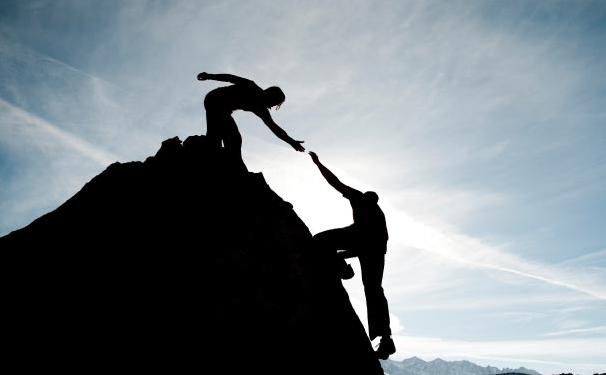Even if you haven’t experienced victimization yourself, you may know someone who has and are wondering how to help them through this difficult time. Below are some tips for how to help a friend after an assault.
General Guidelines
–Always let survivors make their own decisions. Reporting the incident to campus or police authorities, getting a rape kit, deciding who to tell…these are all the survivor’s decisions.
–Fight the urge to “do something.” There are many reasons why someone may not want to report an assault. Our “thirst for justice” must not trump the wishes of the victim.
–Listen to and BELIEVE the victim. Beware of language that can come off as accusatory (see below).
–It’s okay to ask how someone is doing. We may hesitate because we don’t want to make the person think about the experience, or we may feel uncomfortable. But asking a friend if they’re doing okay can make them feel seen and supported.
–Be patient with the recovery process. Most people don’t “get over” a sexual assault quickly.
–If your friend is in crisis mode, offer to help with daily tasks as best you can.
–Assure the victim that although feeling guilt is normal, what happened to them is never their fault.
What to say
-I’m sorry this happened to you.
-I believe you.
-It’s not your fault.
-Thank you for telling me.
-I’m here if you need to talk.
-You did what you could to survive, and that is enough.
-What can I do to help?
What NOT to say
-Why didn’t you….? (fight back, scream, run away, stop drinking earlier, etc.)
-How much were you drinking?
-What were you wearing?
-If it was me, I would have….
-I don’t believe you.
-It’s no big deal; it happens to lots of people.
-It’s been so long. Get over it!

